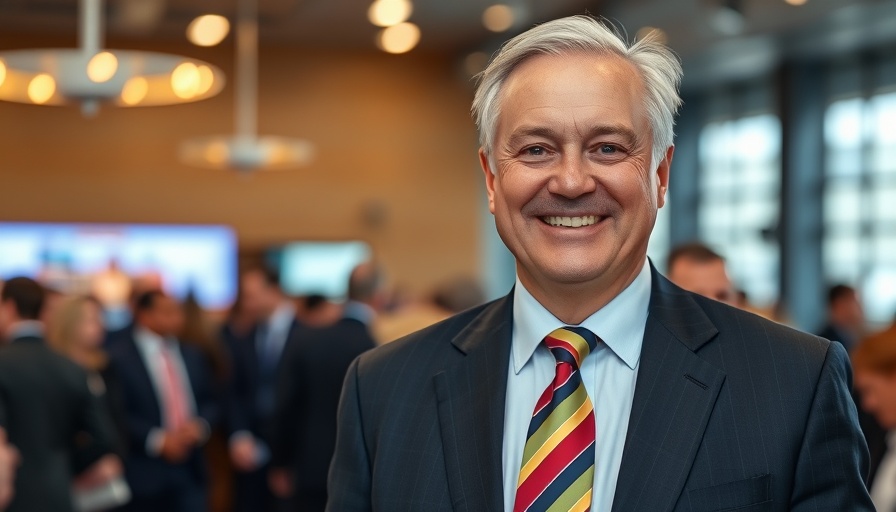
The Rising Tensions Over Racism in South African Politics
The recent filing of a complaint against Sports, Arts and Culture Minister Gayton McKenzie by political party ActionSA has reignited discussions about racism in South African politics. McKenzie, whose historical posts resurface with alarming frequency, stands accused of using derogatory language that, despite his insistence on its 'descriptive' nature, carries heavy implications of racial insensitivity.
Accusations and Implications: What Lies Ahead?
ActionSA’s complaint to the South African Human Rights Commission represents more than just a political event; it symbolizes a call for accountability. The party's commitment to further escalate the issue to the Equality Court speaks volumes about their determination to combat what they deem systemic racism within the Cabinet. With 2024 general elections on the horizon, this incident could potentially reshape public discourse and influence voter turnout.
Defending Freedom of Speech or Promoting Division?
McKenzie’s defense of his language has sparked a critical debate about the boundaries of free speech versus the need for sensitivity in public office. Does defending a term as 'descriptive' warrant its use by someone in a ministerial position? This scenario highlights a broader societal issue where freedom of speech is often weighed against its potential to incite division, particularly in a nation with a painful past like South Africa.
Racism: A Challenge for Unity in Coalition Politics
The incident also poses questions about the integrity of South Africa's Coalition government, often referred to as a Government of National Unity. With various opposition parties, including the African National Congress (ANC) and the Democratic Alliance (DA), looking to capitalize on issues surrounding racism, the ActionSA complaint could symbolize an opportunity for political realignment ahead of looming 2026 municipal elections.
A Crossroads: The Role of Accountability in Leadership
Leadership demands accountability, especially from those who represent South African values and its diverse population. The actions taken by ActionSA demonstrate that South Africans are increasingly intolerant of hate speech in political discourse. The shared history of systemic racism necessitates a renewed focus on racial reconciliation, calling for all political leaders to abide by higher standards of conduct. The involvement of public figures like Dean Macpherson, who allegedly referred to political opponents with derogatory terms, further complicates the moral fabric of political interactions.
The Road Ahead: Implications for Political Discourse
As South Africa grapples with issues of racism, voter engagement may become a pivotal determiner of future governance. The 2024 elections may not just focus on economic policies, land reform, and other pressing issues; they will also serve as a referendum on the integrity of political discourse. The need for anti-corruption measures, public sector reform, and a commitment to service delivery may shape the agenda as action groups and civil society rally for political accountability.
Call to Action: Engage with the Conversation
In these times of heightened political tension, it's essential to participate actively in discussions around accountability and freedom from injustice. Whether by engaging in community forums or voicing opinions online, every citizen can contribute to shaping a unified and reconciled South Africa. Let's keep the dialogue alive and ensure our leaders uphold the virtues of inclusiveness and respect.
 Add Row
Add Row  Add
Add 




Write A Comment